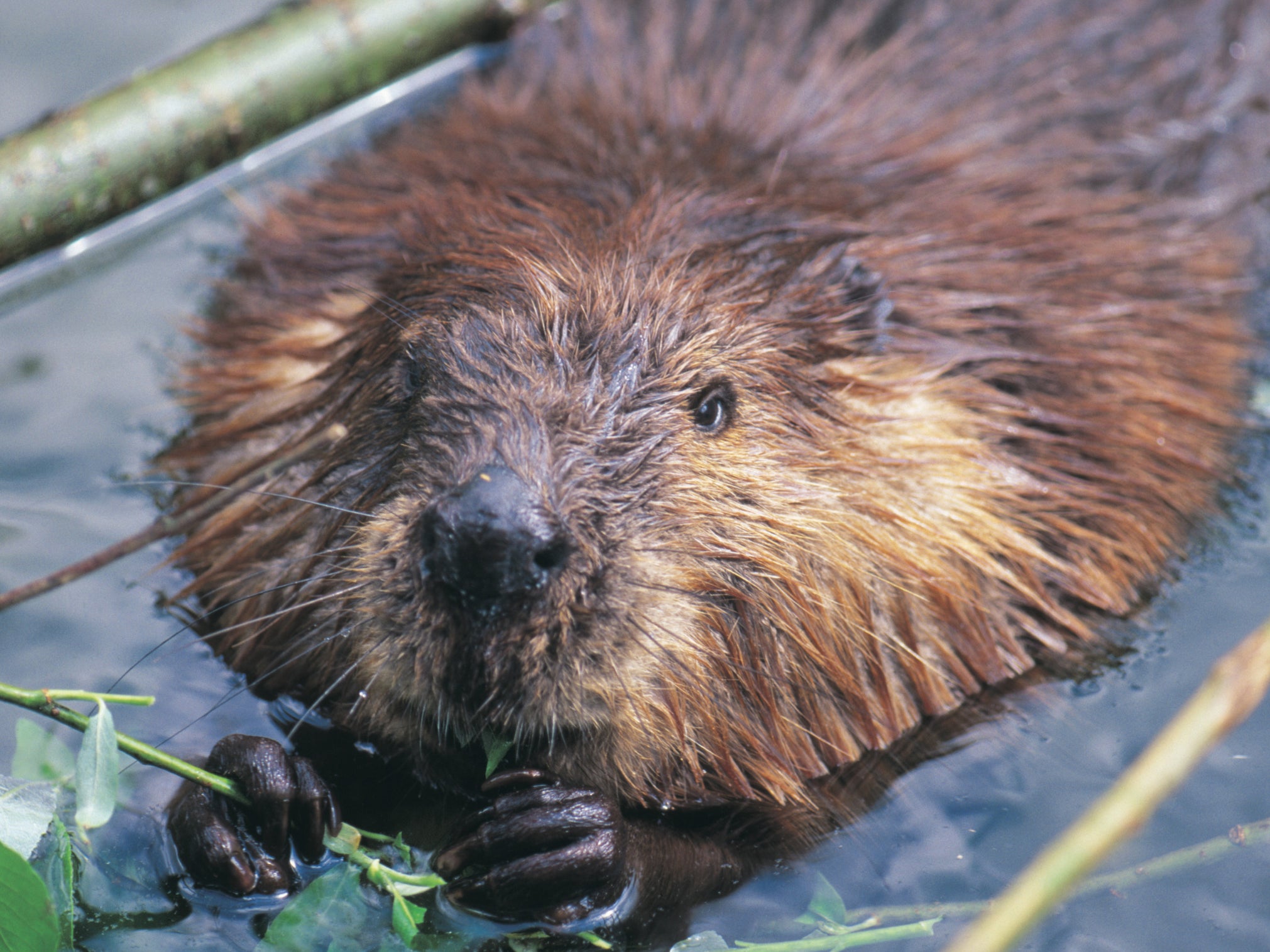This website uses cookies so that we can provide you with the best user experience possible. Cookie information is stored in your browser and performs functions such as recognising you when you return to our website and helping our team to understand which sections of the website you find most interesting and useful.

Conservationists are urging ministers to protect beavers as a native species in England by law and let them stay on several rivers where they are already living wild.
They also say plans should be drawn up to license the release of the animals to other suitable rivers, including from where they are living in enclosures.
The steps would form part of a national strategy for the semi-aquatic mammals, according to wildlife charity Beaver Trust and other groups.
Earlier this month, a population of the animals living wild on the River Otter in Devon was given permanent right to remain following a trial that showed they delivered benefits for wildlife and people.
Beavers, which were hunted to extinction in the UK more than 400 years ago, are valued for the downstream flooding-prevention properties of their dams and wetlands.
The Beaver Trust wants the same protection as the Devon group to be given to those in enclosures in the countryside and those living on river catchments, including the Stour in Kent, the Tamar in Devon and Cornwall, and the Wye in Wales and the west country, following unofficial releases.
The Environment Department (Defra) has promised it will consult later this year on the management of beavers in the wild in England and a national approach for any further releases.
The Beaver Trust has gathered 39 organisations including conservation, farming and countryside groups, to try to plan a future for the animals. Organisations including the Country Land and Business Association, Thames Water, National Trust, and the RSPB are in the working party.
Created with Sketch.
Created with Sketch.
1/11
Shaaz Jung
2/11
Will Fortescue
3/11
Bjorn Persson
4/11
Chris Schmid
5/11
David Lloyd
6/11
Michele Bavassano
7/11
Amy Shutt
8/11
Harry Skeggs
9/11
Thomas Vijajan
10/11
Graeme Purdy
11/11
Marion Payr
1/11
Shaaz Jung
2/11
Will Fortescue
3/11
Bjorn Persson
4/11
Chris Schmid
5/11
David Lloyd
6/11
Michele Bavassano
7/11
Amy Shutt
8/11
Harry Skeggs
9/11
Thomas Vijajan
10/11
Graeme Purdy
11/11
Marion Payr
Not all of the groups back the proposals submitted to Defra, but the Beaver Trust said all agreed collaboration was key to restoring and managing England’s rivers.
Some, including farmers, fear beavers will damage land and fish stocks, and that dams can exacerbate flooding rather than preventing it. But conservationists say negative effects can be managed.
A national framework for managing the effects and funding to support the animal’s return would be created under the proposals. They also involve plans for new licensed releases, with funding to incentivise landowners to make space for water and pay for any changes.
James Wallace, a director of Beaver Trust and convener of the English Beaver strategy working group, said: “To many, these ecosystem engineers could help us tackle issues across river catchments like water security, floods, pollution and loss of wildlife.”
Harry Barton, chief executive of Devon Wildlife Trust which led the trial on the River Otter, said it showed how beavers could thrive and co-exist with people, and conflicts could be managed through engagement, landowner advice and support.
Shaun Leonard, director of the Wild Trout Trust, said: “Research shows the impact of beavers on trout and salmon can be both positive and negative.
“English rivers and their fish populations are already suffering from fragmentation of habitat due to tens of thousands of weirs and culverts.
“Beavers’ habitat engineering activity, including building dams, could be problematic for fish in many rivers.”
Additional reporting by PA



 Africana55 Radio
Africana55 Radio 

